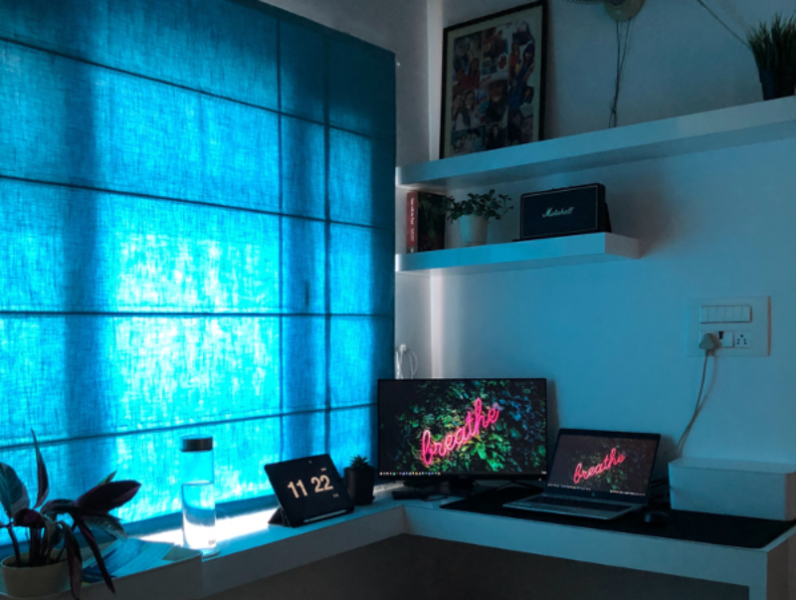
We all have to accept the fact that sometimes life happens and not everything always goes the way we planned; as we are all affected by the unprecedented events that concurred with the global pandemic, the normal way of life has altered for all of us. “Many of us are facing challenges that can be stressful, overwhelming, and cause strong emotions as public health actions, such as social distancing, are necessary to reduce the spread of COVID-19, but they can make us feel isolated and lonely and can increase stress and anxiety” (CDC, 2021).
Working from home during this pandemic can take a heavy toll on our mental well-being and we often refrain ourselves from talking about it. We often succumb to “the social stigma, which involves the prejudiced attitudes others have around the discourse of mental well-being” and the “self-perceived stigma, which involves an internalized stigma the person suffers from” (Caddell, 2020).
At dire times like this, it is about time we acknowledge the fact that many people experience issues with their mental well-being, but we should not be demoralized as there are also ways to combat them!
It has been two years since I have gone back to my motherland, Bangladesh and I do not know when I will be travelling back again. Of course, I would be lying that if I say that “I am completely fine” and happy with however things are.
Thus, I am not afraid to talk about how I feel because bottling up our emotions does not eliminate them; rather, it makes it more difficult for you to manage other challenging situations that may occur in the future.
The first step to combat issues with mental well-being is to address it and then to cope with it in a positive manner. I always tend to approach a negative situation in life with the motto – “whatever happens, happens for the best; whether you accept it or not the most valuable lesson behind it is to make you stronger”.
I know at times like this, we gravitate to feel frustrated all the time but I believe it is just a phase and it shall pass sooner or later.
While grinding at work from home, don’t forget to take a breather. Working too much while experiencing challenges with mental well-being can make you experience burnout – where you may feel emotionally exhausted and a sense of detachment from work.
Get up from your workstation, take a stroll around your home and stretch out every once in a while, to refresh your mind before resuming your work.
Love your work, family and peers – most importantly, don’t forget to love yourself. Whenever you’re feeling down, know your worth and never forget how rare you are. It’s not selfish to love yourself, take care of yourself and to make happiness a priority.
I know these days we are quite reluctant to take care of our mental well-being as we are stuck home and repeatedly doing the same things over and over again – but here are 101 things you can try if you are housebound!
No matter how desolate you feel, someone in your life will always be there for you. Connect with your family and friends virtually – it always helps me when I am feeling lonesome.
If you are feeling upset, open up and share your problems – people who care about you will never judge you and will be supportive to help you out no matter what. Despite that, if you feel like you need more support – you can always reach out for professional counseling; SFU Health & Counselling, My SSP and jack.org.
No matter what, just know we are all in this together and it is always darkest before the dawn!
This post was originally posted on the SFU Communications Collective Blog on November 30th, 2021.
-
Centers for Disease Control and Prevention. (2021). COVID-19: Coping with Stress. National
-
Center for Immunization and Respiratory Diseases (NCIRD), Division of Viral Diseases. Retrieved from: https://www.cdc.gov/coronavirus/2019-ncov/daily-life-coping/managing-stress-anxiety.html
-
Caddell, J. (2020). What is Stigma? Retrieved from: https://www.verywellmind.com/mental-illness-and-stigma-2337677#













